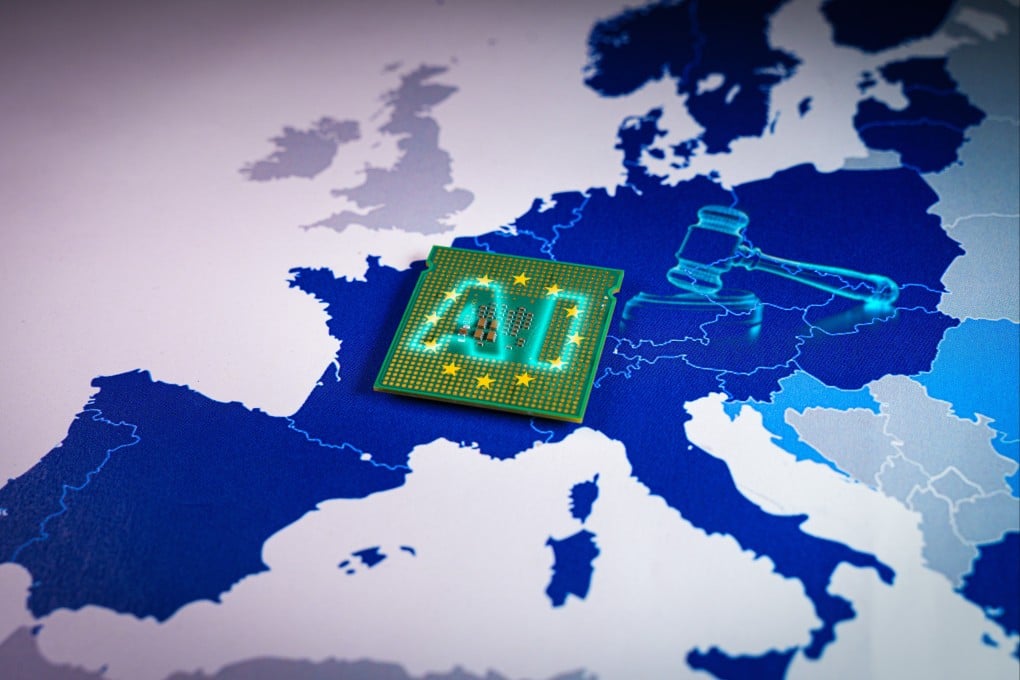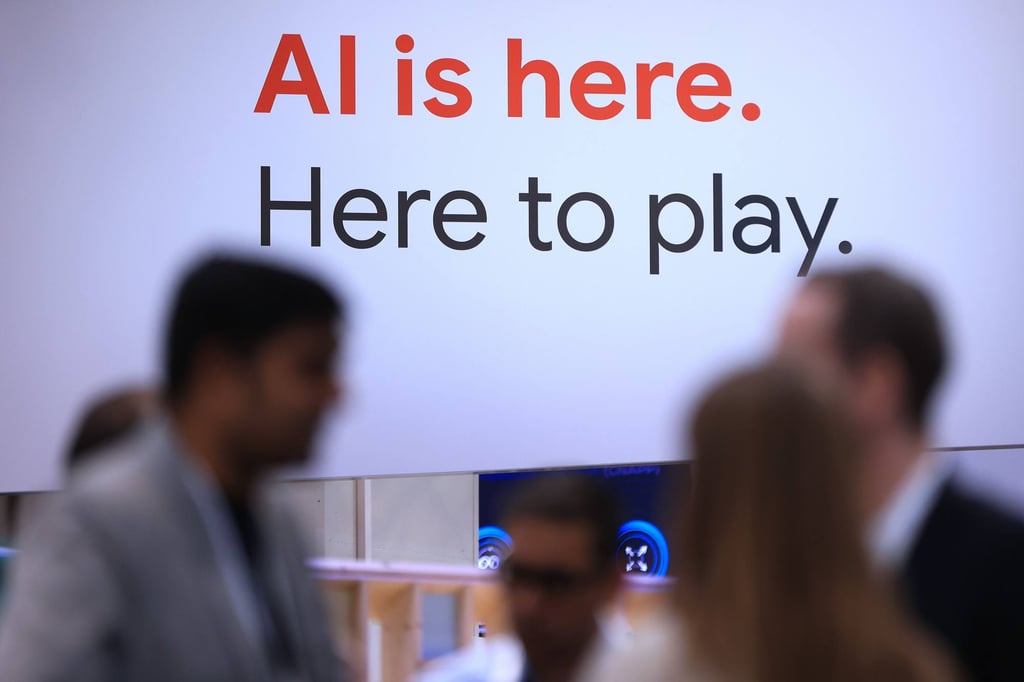Advertisement
Chinese tech companies face increased EU compliance costs amid bloc’s new AI rules
- The European Union’s comprehensive Artificial Intelligence Act will come into effect on August 1
Reading Time:3 minutes
Why you can trust SCMP
0

Coco Fengin Beijing
The world’s first comprehensive artificial intelligence (AI) rules, which will come into effect throughout the European Union (EU) on August 1, is projected to raise the costs of assessment and compliance for Chinese tech enterprises doing business in the bloc’s 27 member states, according to industry experts.
The Artificial Intelligence Act, which was approved by the EU Council in May after it was passed into law by the European Parliament in March, aims to protect fundamental rights, democracy, the rule of law and environmental sustainability from so-called high-risk AI, while boosting innovation and establishing Europe as a leader in the technology.
Some Chinese AI firms already expect to spend more time and money to comply with the EU’s new rules, while faced with the spectre of overregulation potentially hindering innovation.
Hong Kong-based Dayta AI, which provides retail analytics software around the world, expects the EU regulation’s “compliance and assessment requirements [to] increase R&D [research and development] and testing costs” for the firm by around 20 per cent to 40 per cent, company co-founder and chief executive Patrick Tu said. He pointed out that the higher spending will cover “additional documentation, audits, and [certain] technological measures”.

The new EU rules’ passage and implementation reflects the global race to draw up AI guardrails amid the boom in generative AI (GenAI) services since OpenAI released ChatGPT in November 2022. GenAI refers to algorithms that can be used to create new content – including audio, code, images, text, simulations and videos – in response to short prompts.
Advertisement